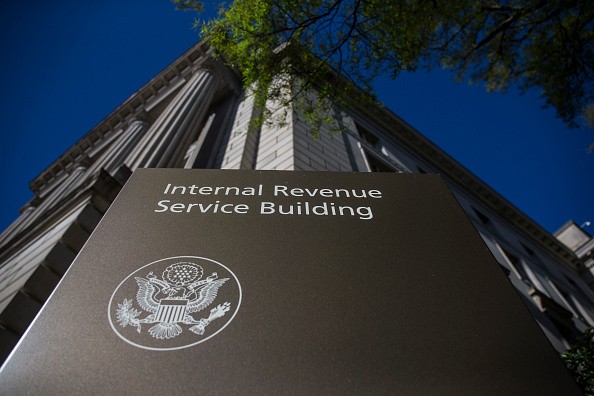IRS Delays Start of 2020 Tax Filing Season: Here's Why
The Internal Revenue Service (IRS) announced Friday that it would delay the start of the 2020 tax filing season by a few weeks to give the agency additional time to test its systems.

IRS Delays 2020 Tax Filing
According to a CNBC report, the 2020 tax filing will begin on Feb. 12 instead of the last week of January. On that date, the IRS will start to accept and process last year's tax returns.
The agency said it is critical to ensure that the additional programming and testing of IRS systems after tax law changes that provided a second round of Economic Impact Payments and other benefits would run smoothly.
In its announcement, the IRS said: "If filing season were opened without the correct programming in place, then there could be a delay in issuing refunds to taxpayers."
The IRS added that these changes would ensure that eligible people will receive "any remaining stimulus money as a recovery rebate credit when they file their return."
The move to delay the 2020 tax returns filing would give the IRS more time to prepare for the remaining stimulus' refund not claimed since December. However, it is important to note that although the filing of 2020 tax returns would be delayed, the deadline would still be on Apr. 15.
It can be remembered that the IRS earlier sent millions of letters to those who did not yet receive their stimulus. At that time, they clarified that if the qualified recipient did not get their benefit, they would be able to claim it when they file their 2020 taxes.
Read also: IRS to Resolve Stimulus Check Errors for Qualified Recipients
Recovery Rebate Credit
The Coronavirus Aid, Relief, and Economic Security (CARES) Act and the COVID-related Tax Relief Act authorized the recovery rebate credit. The IRS said it is a tax credit against your 2020 income tax. This credit will increase your tax refund or decrease the amount of the tax you owe.
According to IRS, it will be available to filers who did not receive the full amount of stimulus they are entitled to.
The IRS also said early filers who claim certain tax credits will have to wait until the first week of March to get their much-needed refund. The IRS encouraged the taxpayers to submit their returns electronically and use direct deposit as soon as they are ready.
Meanwhile, low-income taxpayers who received the earned income tax credit or the additional child tax credit will have to wait until mid-February to receive a refund. That is because an anti-fraud law requires the IRS to use the extra time to review those returns to avoid issuing the refund to scammers.
According to a recent report from the Taxpayer Advocate Service, IRS fraud filters caught 5.2 million returns that were claiming refunds last year. Additionally, refunds took longer than 56 days for about a quarter of those returns flagged for income verification.
It was found that two in 10 of the returns flagged for identity verification had delays of more than 120 days. Typically, the turnaround time for a refund will only take 21 days if a tax return has no problems.
In January, companies distribute Form W-2 to their employees. This form requires workers to declare how much they earned, including what they paid in income and payroll taxes during the year.
Related story: IRS Urges Public to File Federal Benefits Before the Extended Deadline
Subscribe to Latin Post!
Sign up for our free newsletter for the Latest coverage!














